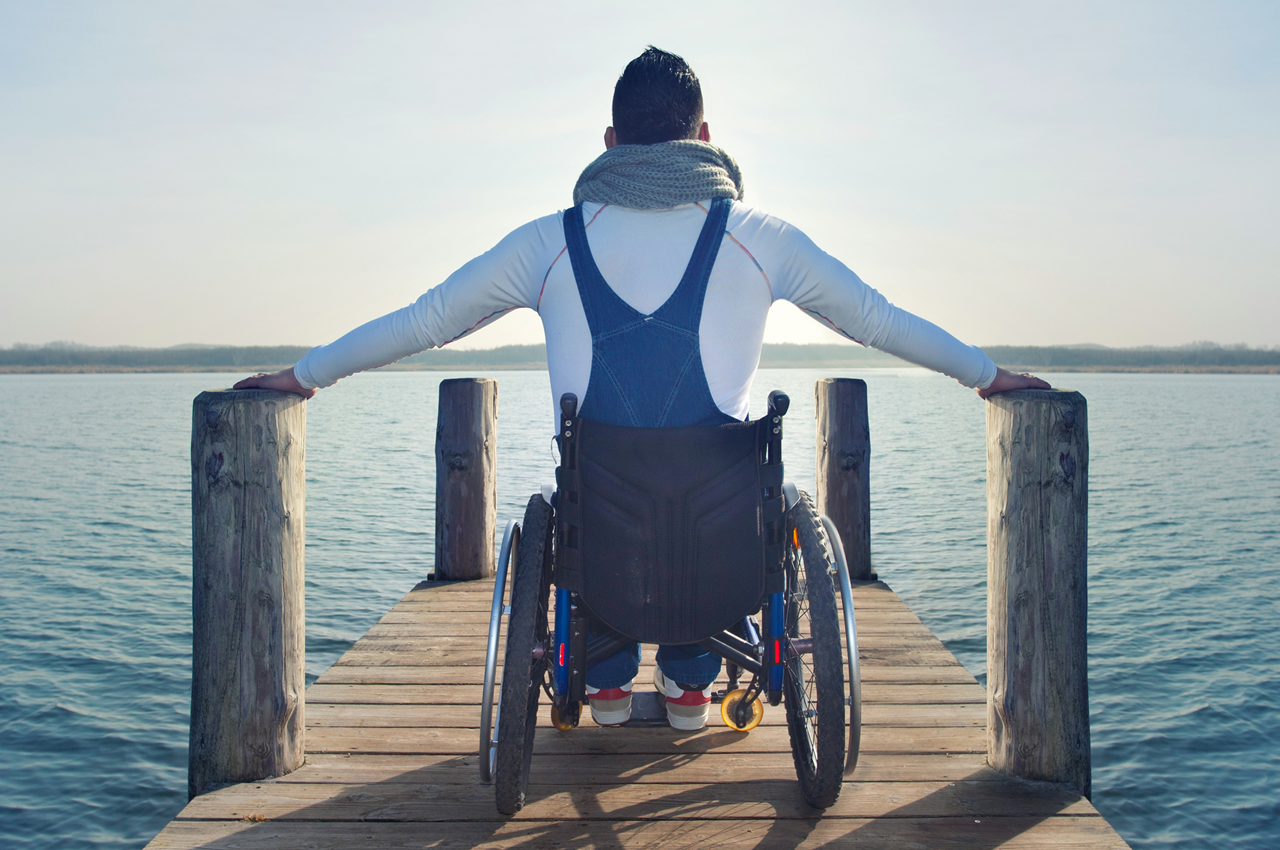Living with a disability has its challenges, but being treated with respect and human kindness shouldn’t be among them. Here’s how you can reach out to include people with disabilities.
Our society thrives when people from a wide range of backgrounds and with different skills contribute their talents. But ask yourself how easy we make it for people with disabilities to get involved. What can we do to make them feel more comfortable and welcome? Disability Rights Awareness Month, from 3 November to 3 December, is the perfect opportunity for us to reach out to neighbours, colleagues and acquaintances with disabilities, and take steps to make them feel more accepted and included.
Put people first
The first thing we need to do is embrace a ‘person-first’ approach to disability, prioritising each person’s humanity over his or her condition, and adjusting our language to reflect that. We may unknowingly inflict pain on those around us, simply through an unthinking comment. Being more inclusive means adopting a language of respect, which emphasises the person before their disability. For example, ‘someone who uses a wheelchair’ rather than a ‘wheelchair-bound person’.
Have open chats
Generally, it is our own ignorance that gets in the way of our truly being able to understand those in our society who have disabilities. That’s why it is important to educate ourselves on disability and what life with an impairment is like. Initiate open, positive conversations with those you encounter who have disabilities. Speaking about their work, families, music and memories will not only give you an insight into their lives, but will also help them gain a sense of belonging. Remember not to presume that they see their disability as a tragedy. Many people living with disabilities have dealt with the complex emotions of their situation, and simply need those around them to view them as humans with valuable things to say.
Make allowances
When speaking to someone with a disability, be sure to take this into account. For instance, if they are in a wheelchair, you can make them feel more comfortable by sitting down at their eye level, rather than standing over them. For those with developmental challenges, or hearing and speech issues, speak clearly and listen carefully. Don’t help them to complete sentences, even if it feels like they are struggling. Do not overdo sympathy (it may come across as pity); simply treat them as you would anyone else. Respect their personal space and don’t touch their mobility aids without their permission.
Ask before you act
While you might want to offer personal assistance, it is important to ask first if they need it. People with disabilities know more about their day-to-day situation than you do, so don’t simply assume that any help would be welcome. Things like lifts to and from therapists or medical visits, grocery shopping trips and even cooking might be easier for you. Once again though, check if your help is needed. Be sure to listen to the ways they suggest you can be of assistance before you act.
In the end, it all comes down to respecting persons living with disabilities, educating yourself, showing interest and assisting in whatever way you can.




